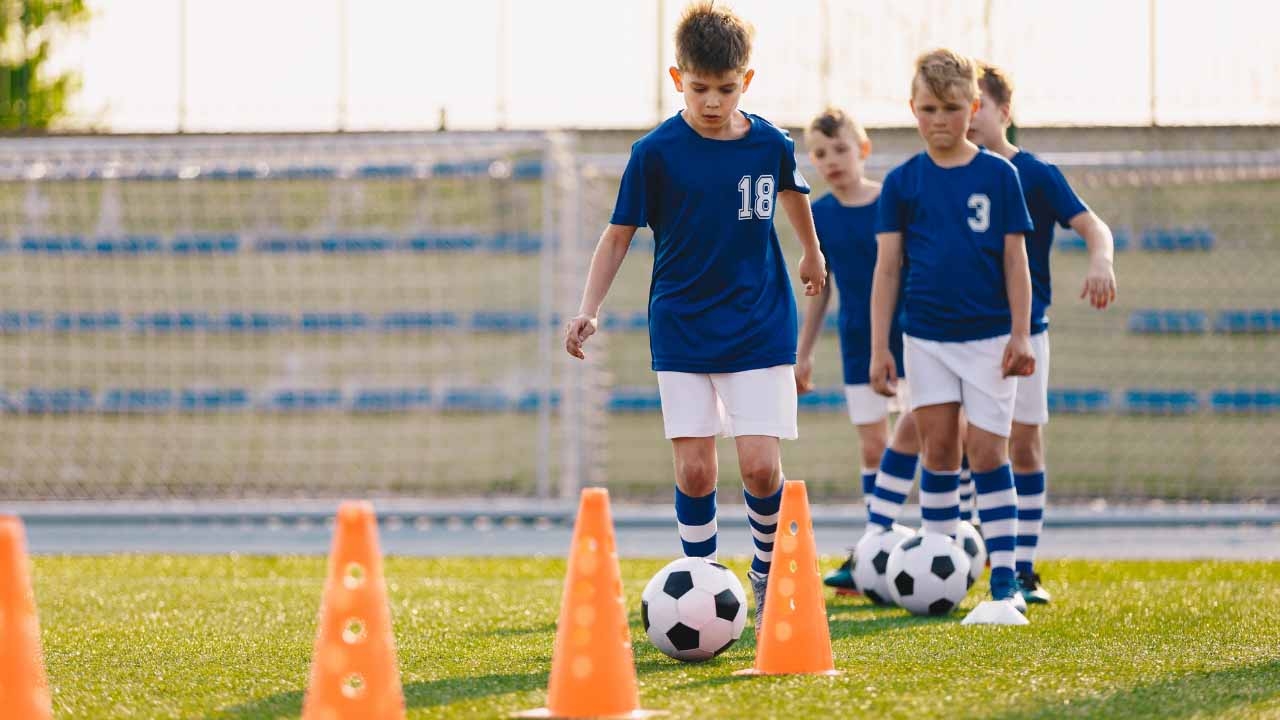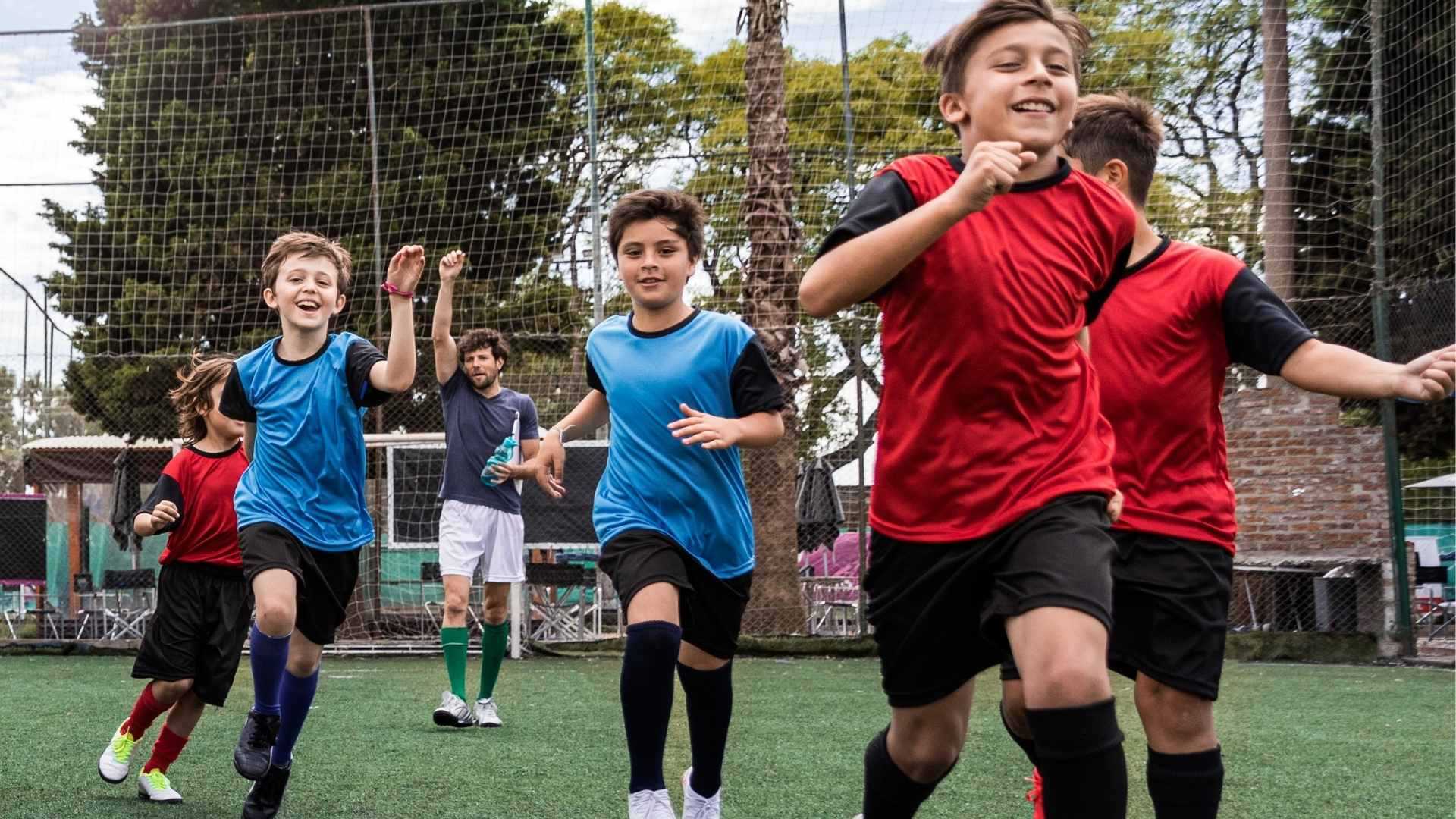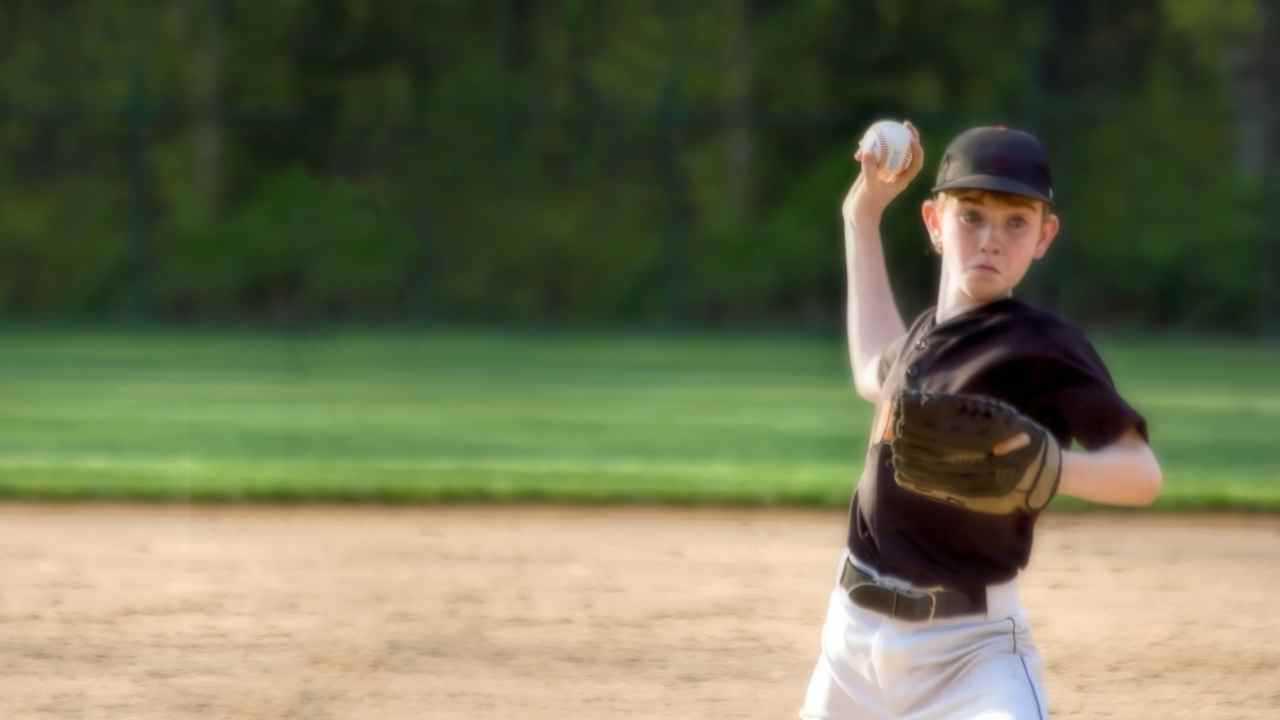The 10,000 Hour Rule, Debunked
Early specialization isn’t the key to sports success — just ask Wayne Gretzky
Jenny Etnier, PhD
| 5 min read

Canva
In his best-selling book Outliers, author Malcolm Gladwell proposes the “10,000-Hour Rule,” inspired by research on deliberate practice and achievement by Swedish psychologist Anders Ericsson. Ten thousand hours spent in focused and effortful practice, it suggests, is the magic number of greatness, as evidenced by examples like Bill Gates and the Beatles.
But does practice time always lead to greatness? Not necessarily. When it comes to success in sports, you need only look to some of the greats — Michael Jordan, Lebron James and The Great One himself, Wayne Gretzky — to see that elite play may have more to do with other factors than the number of hours you practice. The science of winning, it seems, is about much more than a number.
Dr. Jenny Etnier, professor of kinesiology at the University of North Carolina at Greensboro, and author of Coaching for the Love of the Game: A Practical Guide for Working with Young Athletes, explains why.
What is the 10,000 hour rule?
Have you heard of the 10,000 hours rule? This “rule” has been used to support arguments for early specialization in sport. The 10,000 hours rule says that the attainment of elite status in sports relies on the acquisition of 10 years or 10,000 hours of practice.
This proposal has been further refined to suggest that 10,000 hours of deliberate practice are required where deliberate practice is defined as practice with a purpose that is effortful and not necessarily enjoyable.
The evidence supporting this amount of time being critical for the attainment of elite status initially came from research with musicians. Thus, the extent to which it applies to sports is unclear.
Deliberate practice and elite athletes
In fact, many experts would argue that 10,000 hours is neither necessary nor sufficient for elite sports performance. Let’s look at what we know.
First, there is not a causative relationship between 10,000 hours of deliberate practice and the attainment of elite-level status. That is, I can’t just choose a young athlete at random, expose the athlete to 10,000 hours of deliberate practice, and have a guarantee that the athlete will be able to compete at an elite level — there are simply too many other factors that come into play.
In addition, there are elite-level athletes who report that the amount of deliberate practice that they have devoted specifically to one sport ranges from as few as 600 hours to 6,026 hours—not even close to 10,000 hours.
The importance of playing multiple sports
Participation in multiple sports contributes to performance in a single sport once specialization occurs. This is because of the positive transfer of foundational motor skills and of tactical decision-making across sports.
For example, think about how similar throwing a baseball, softball or football and hitting a tennis ball or volleyball serve are from a motor performance perspective. Consider the similarities between the offensive and defensive strategies of team sports like basketball, soccer, field hockey, ice hockey and lacrosse. In my experience, the best soccer goalkeepers I’ve ever played with were also softball shortstops and basketball players.
Elite athletes and early sport specialization
If you think of many elite athletes today, most of them played multiple sports. LeBron James and Michael Jordan played more than one sport in high school — James played football and basketball and Jordan played basketball, baseball, and football.
Alex Morgan, one of the top women’s soccer players in the world, played softball, soccer, and basketball until she was 14 years old. Annika Sörenstam, one of the greatest women golfers of all time, played tennis and soccer and was a talented skier before picking up golf as a 12-year-old. Wayne Gretzky was involved in multiple sports and played hockey only in the winter months.
Plenty of elite athletes did not specialize early, and the evidence does not support the 10,000 hours rule as a necessary attainment to reach a high level of success or as a rationale to support early specialization.
Related articles
The Science of Winning (It’s Not What You Think)
What Kids Know about Luck, Effort and Ability
How to Measure Success as a Coach
Dr. Jenny Etnier is the Julia Taylor Morton Distinguished Professor in the Department of Kinesiology at the University of North Carolina at Greensboro, where her research focuses on the cognitive benefits of physical activity. She is the author of Bring Your “A” Game: A Young Athlete’s Guide to Mental Toughness and Coaching for the Love of the Game: A Practical Guide for Working with Young Athletes, from which this is article adapted. A longtime youth soccer coach, Dr. Etnier is a fierce advocate for positive coaching and play, and is co-chair of MOJO’s Academic and Scientific Advisory Board.




